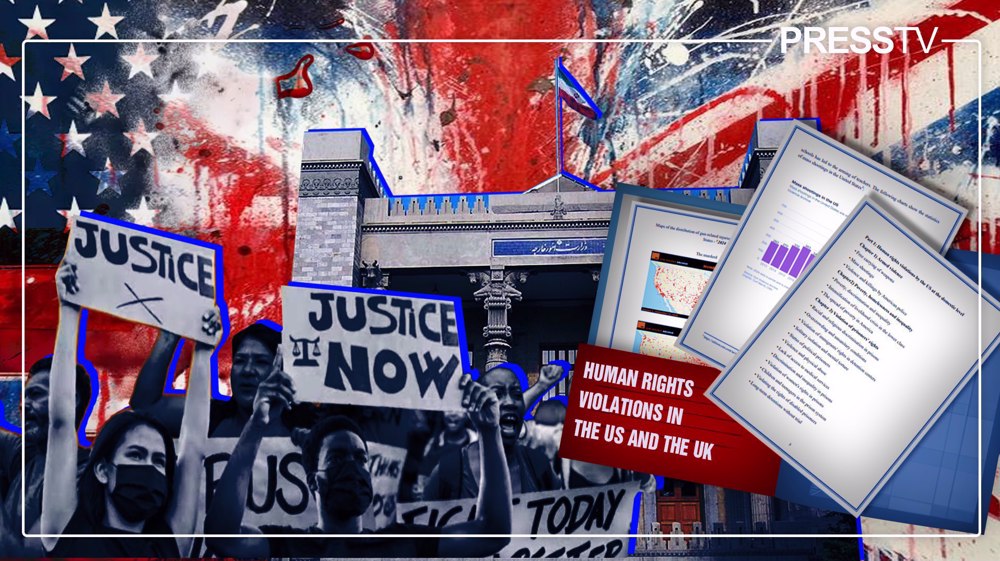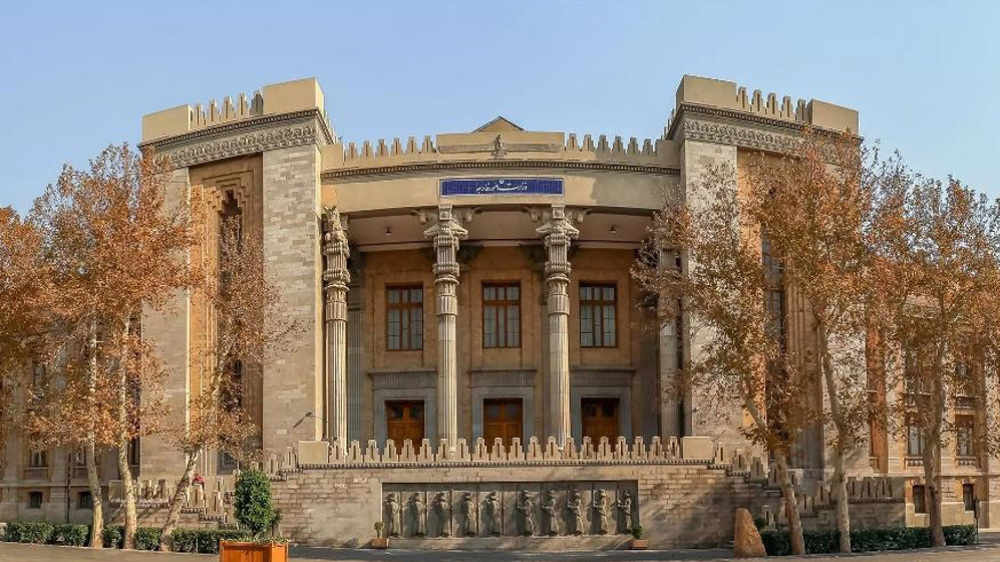Threats of political violence rising under Trump, observers say
US President Donald Trump’s divisive rhetoric is fueling discord in the country and will likely lead to political violence and a new wave of right-wing rallies, according to political observers and civil rights organizations.
Trump’s response to the deadly white supremacist rally in Charlottesville, Virginia, earlier this month will likely incite hate crimes and increase political and racial tensions in the weeks and months to come, analysts say.
“There’s always been tension over race and ethnicity and immigration, that’s a part of American history. But if you have the president attacking different groups, there is a real danger that people will take him up on his rhetoric,” said Julian Zelizer, a political historian and presidential expert at Princeton University.
“People who are angry will want to attack the people he is attacking, and that is not a safe situation. He might be unleashing things he can’t control,” Zelizer said.
Read More:
A number of cities, colleges and local law enforcement agencies are bracing for more far-right rallies around the country, which are expected to bring both demonstrators and counter protesters.
“When there seems to be no room for compromise and no appetite for listening to the other side, the potential for violence is higher,” said Richard Cohen, president of the Southern Poverty Law Center, civil rights organization that monitors hate crime and extremist groups.
“What we’re seeing is the consequence of Trump’s incendiary rhetoric and his attacks on so-called political correctness,” Cohen said. “Trump’s comments after Charlottesville… energized the white supremacist movement and gave people a license to act on their worst instincts.”
Trump has been widely criticized for his response to the Charlottesville rally after he said "both sides" were to blame for the violence.
UN human rights experts have urged the US government to "unequivocally and unconditionally" condemn racist speech and hate crimes, warning that a failure to do so could fuel further violent clashes by white supremacist groups.
“He himself is kind of more inflammatory, and he tends to react to things in this more aggressive manner. That can be good for a campaign and welcome in a primary, but it’s complicated for trying to build unity,” said Brandon Rottinghaus, a political science professor at the University of Houston in Texas.
According to a Quinnipiac University national poll released Thursday, 62 percent of registered US voters say Trump is fueling divisions and 59 percent believe hate crimes have dramatically increased since his election.
‘All wars have rules. All of those rules have been broken’ by Israel
VIDEO | Report flags India’s violation of rights of Rohingya detainees
Turkey's foreign minister meets Syria's de facto leader in Damascus
'Next to impossible' to rescue patients from Gaza's Kamal Adwan Hospital: Director
VIDEO | Vietnam current prosperity
Report blames gasoil exports for shortage at Iranian power plants
VIDEO | Hind Rajab Foundation names Israeli war criminals vacationing after Gaza genocide
VIDEO | Australians rally for Gaza ahead of Christmas festivities
















 This makes it easy to access the Press TV website
This makes it easy to access the Press TV website